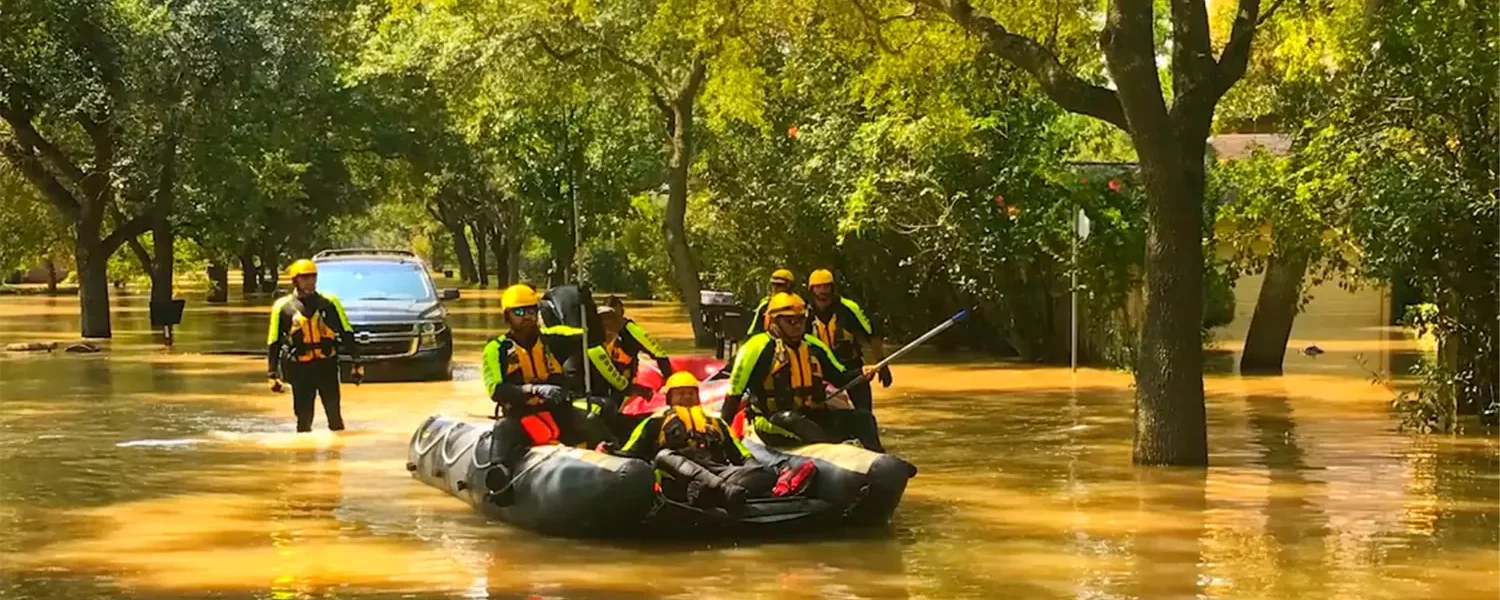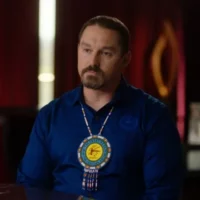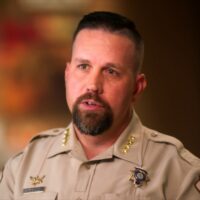Tribes Aid in Major Emergencies
When disaster strikes, it’s vital to have the right resources and communication tools to be able to effectively respond. Many times, tribal nations are the first ones on the ground, and they bring potentially life-saving resources, equipment and manpower to help other agencies and ensure public safety. As John Hobbs, the executive director of public safety for Choctaw Nation, notes, “any time we have a resource and we can help out another agency, that’s what we want to do.”
“What Can We Do to Help?”
“Many Oklahomans have benefited from a tribal response to an emergency like a tornado or a flood and they may not have known it,” says Cherokee Nation Principal Chief Chuck Hoskin Jr. “Our emergency management teams send resources in and they don’t ask who’s Cherokee and who’s not. They say this is a community in need and what can we do to help?”
Local agencies often find themselves turning to the tribes for assistance. “Chickasaw Nation has additional resources we can use if there’s a big natural disaster,” says Grady County Sheriff Jim Weir. “They’re ready and able to come out and help us with more equipment and personnel and anything else we might need.” Sheriff Gary Dodd of Johnston County concurs. “During times of disaster, we can call up on the Lighthorse police and get resources from them that aren’t readily available to us.”
For Citizen Potawatomi Nation, being prepared for emergency scenarios starts with clear communication. That’s why the tribe invested millions of dollars into a 911 dispatch system that connects 28 different first responder agencies. Provided at no charge to the community, the network has improved response times and, no doubt, saved lives. Learn more here.
Featured News

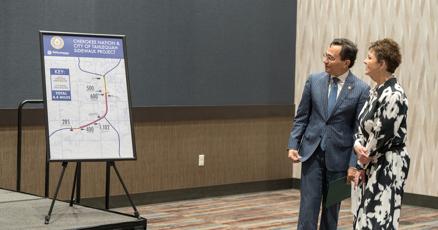
Cherokee Nation and Tahlequah announce sidewalk project spanning 4.4 miles

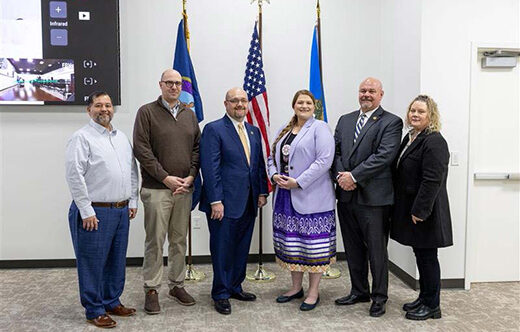
Repurposed emergency facility reflects Chickasaw Nation’s disaster preparedness


